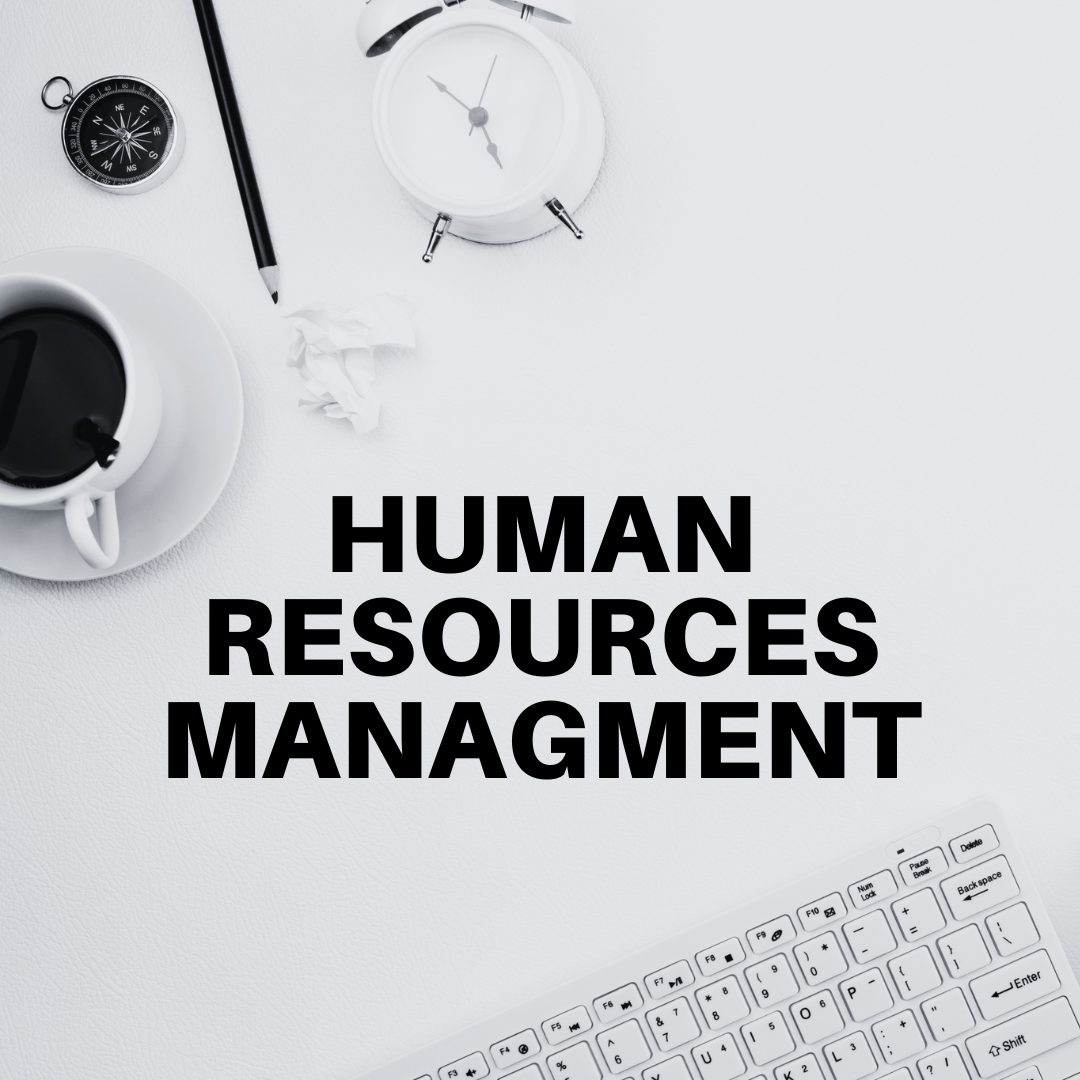
What is Human Resource Management?
Written by: Vicki Shepard
November 30, 2022
3 min read
For a lot of people when they think about the human resource department they usually cringe.
Nearly every time I say what field I work in I always get that face.. You know the one. Scrunched lips, scowl, clear irritation written all over. Obviously many people have irritating experiences with HR and even being in the field for nearly 10 years, I too have had many issues.
Usually the thoughts about HR are about hiring, firing, payroll, or the HR person is just clearly non-responsive. Even though these are some vital areas of the business, there is so much more to human resource management than meets the eye.
If you are looking to go into the HRM field, exploring other areas of the business, or want to do something different with your career, this is one field that is versatile and touches a lot of different aspects!
Many times if the company you work for is larger, there may be sub-areas or functions of HR that are more of a “center of excellence” where the specialty has its own career path, even though it is a part of the broader area of HR.
I myself have been in many of these areas and have moved around quite a bit before I realized that there are some areas that I really excel in, and some that I know I will never work.
Here is a list of these other areas of HR:
- Training and Development
- Compensation (not just payroll)
- Benefits
- Recruiting
- Health and Safety
- Organizational Development
- Legal
- Diversity, Equity, and Inclusion
- HRIS, HR Informational Systems
- Employee and Labor Relations
If you work in a smaller organization, where you may wear many ‘hats,’ then many of these may be combined.
Compensation and Benefits may be labeled as Total Rewards. The HR professional who does Recruiting, Employee Relations, and Health and Safety may be a ‘Generalist.’ In some cases you could work in Compensation, but work a lot with finance, payroll, and tax departments.
Even though these are some examples of different areas in HR, this list is by no means all that there is. HR is an ever-evolving field that really combines many areas of the business that are far reaching. In the way that US laws can change literally every 6 months, you will always have more to learn and develop.
One of the best pieces of advice that I can give you if you are interested in an area of HR, but not sure which one would be best for you, would be to try it out and see if you like it, or work as a generalist with these duties and see if that is something you would like to pursue.
First and foremost, HR is there to help and protect the business.
Even though HR is always connected with the employe experience and making sure that the business does not harm or treat employees with discrimination, HR is always going to be on the ‘managment’ side of the coin.
If you work with unions, then they will have a representative that will be for the ‘union’ side of the business. HR Managers and Labor Relations can be one area that really bridges the gap between union and company. Many times there is counsel on staff or a legal representative that the company will hire on for advice with guidance.
Just because we will have management’s back, doesn’t mean forgetting about our ‘human’ employees. We are called human resources for a purpose.
But not all companies can afford legal counsel on staff.
If this is the case, having an HR professional with education and training in labor relations or mediation/negotiation can be truly helpful.
One of the routes that I decided to take was to get a masters in human resource management and labor relations with a certificate in mediation and negotiation. I have always known that HR was my field, but having additional training and education in these areas has helped me expand my knowledge and thinking in ways that my undergraduate degree did not do.
I am by no means saying that you have to have a masters to excel. However, without it you will likely be working for 10-15 years before you advance into a mid-senior role. (If you would like to have another article about career progression and ‘leveling-up’ let me know!)
So are you thinking about going into HRM as a career?
Here are some questions and topics that you may want to review before you commit to a major in college or changing career paths:
- Do you have a fear of confrontation?
- Do you socialize well? Or able to easily speak with others that you have never met before?
- Do you know how federal and state laws apply to your business needs?
- Are you comfortable disagreeing with others?
- Do you understand the implications of confidentiality?
- Are you tech-savvy?
I ask these questions because many times, regardless which area of HR you work, a HR Professional needs to be the one that feels comfortable understanding any particular situation, reviewing laws and business policies, and speaking up.
Speaking up on issues or concerns does not make you a bad person. It makes you a valuable asset to the business.
There are many areas of HRM that are fun and enjoyable!
Just because you may think that specializing in a Center of Excellence (COE), doesn't mean you can’t try other areas of HRM! Or do all of them in a Generalist position.
HRM is one of the fields with a very broad and diverse skill set. We can do nearly ANYTHING! We wear many hats (yes that can mean we are pulled in many different directions), but that doesn’t mean we can’t enjoy the varied aspects of our work.
What do you think of when you interact with HR? Is it positive or negative?
If you are in HR how do you think we can put the human aspect back into our work?
I hope that this article was helpful learning more about HRM and if this is an area that you would like to explore more.
Cheers, -LBHR
